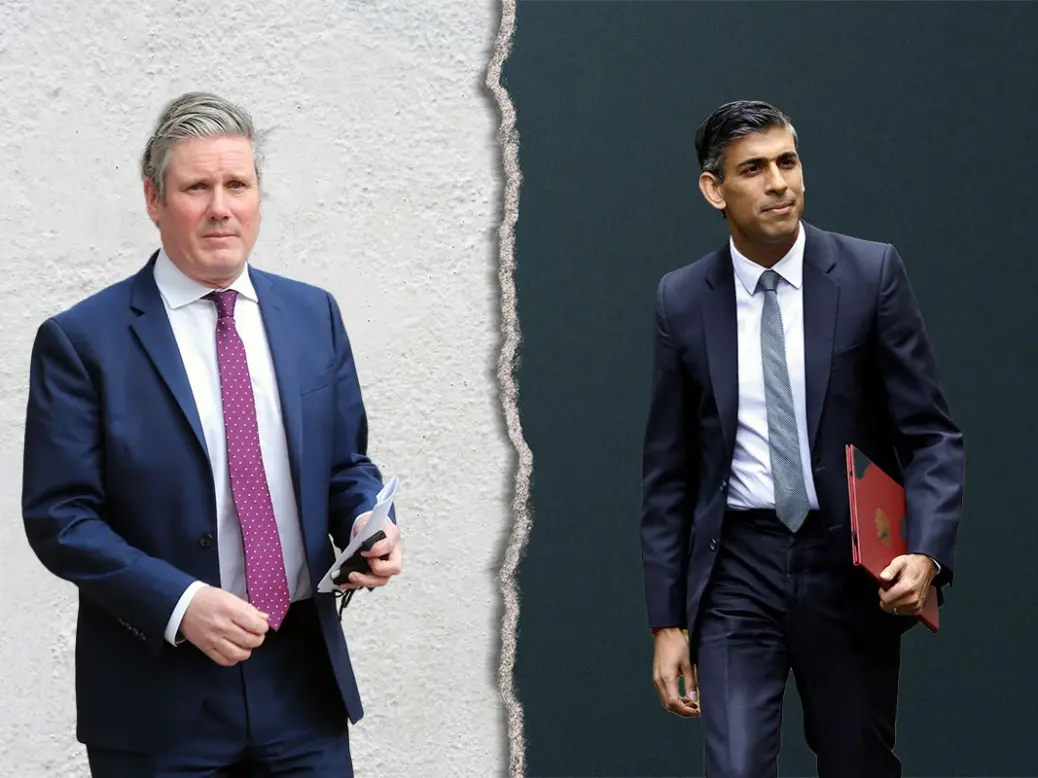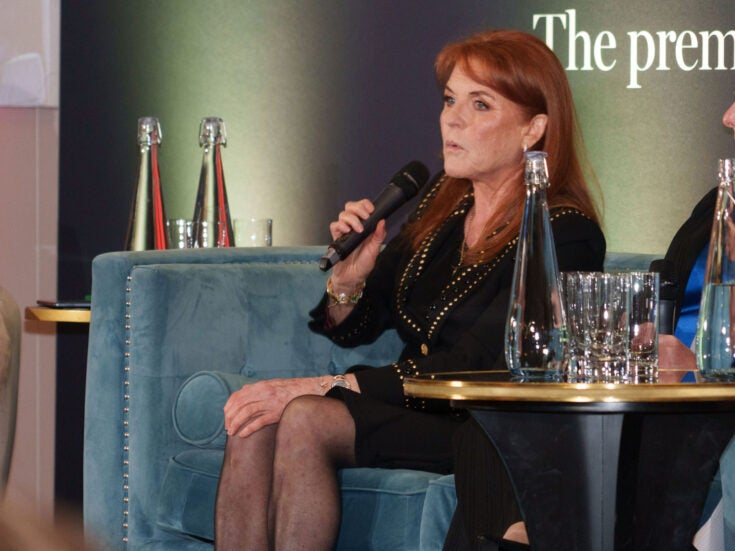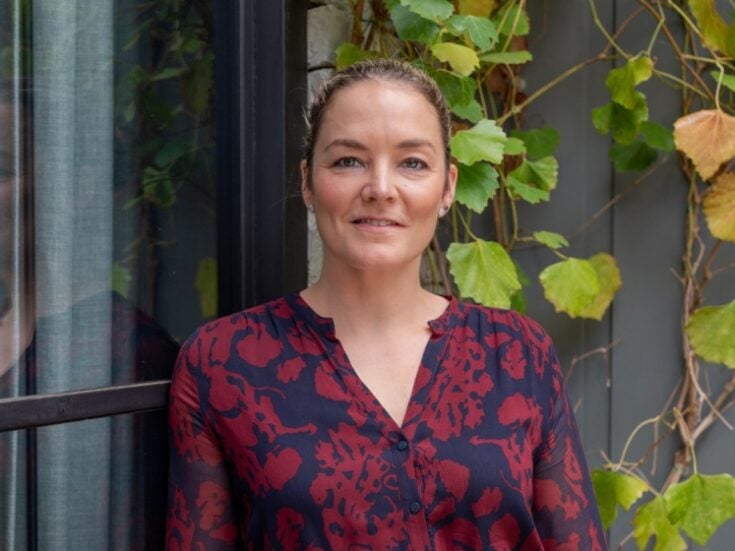
It’s Small Charity Week and there’s a general election in two weeks. As the founder of the UK’s only seed funder for the charity sector, and therefore also the leader of a small(ish) charity myself, I read the manifestos with trepidation. It turns out there are, sadly, no silver bullets for the small charity sector but I believe that like in any crisis, necessity can still be the mother of invention. Whether you’re a small charity, a wealth advisor or someone looking to share skills, we can all make a difference.
[See also: How philanthropy can unlock new opportunities for UHNW advisers]
The situation is very tough. Severe cuts in local authority funding are fuelling the rate of closure across many areas. Recent conversations with the women’s sector highlight the dire effect this is having on vital (but not statutory) services, such as charities supporting victims of domestic abuse.
The party manifestos across the board make very little reference to civil society aside from a few generic and seemingly duty-bound comments on its importance. Promises of no tax rises from both the main parties mean that whoever is in power on 5th July, there aren’t going to be goodies for the sector because there simply isn’t going to be any money going spare. Long-term commitments to return the UK to 0.7 per cent of spending on International Aid might eventually reduce competition for Trust and Foundation funding for domestic charities, but nothing is going to happen fast.
For sector CEOs reaching burnout this will be little comfort, but all is not lost. Our portfolio of over 500 of the best small charities continually demonstrate how resilient, determined and agile the sector is, and it has ridden bigger waves.
Rise of Donor Advised Funds
We know from the pandemic that small charities in the UK are incredibly creative and adaptable. Following the amazing job they did in communities up and down the country in 2020, funders are definitely more aware of the vital role small charities play. Leaders and social entrepreneurs have learnt how to deliver with less. And how to diversify income streams. But as competition for funding gets even tougher, having robust impact measurement in place to prove the difference you’re making is going to be vital to help organisations stand out from the crowd. If charities can do this, it also has the potential to strengthen confidence in the small charity sector and encourage unrestricted funding, especially from the newer wave of funders holding donor advised funds.
[See also: Wealth managers key to boosting donations as UHNWs give less]
The Donor Advised Funds (DAFs) are a reasonably new area bringing more funding into the sector. The DAF market is now worth over £2.5 billion in the UK, with contributions up 37 per cent or £868 million on last year. In 2023 around half a billion was distributed from DAFs which is significant – only £3.7 billion was given in grants in 2020-2021 in total. However, the challenge is how the funds connect with those that need them. Unlike newly registered foundations, there is no publicly available record of the existence of individual DAFs, or their areas of interest, so charities are not able to apply for support.
There is a huge role for wealth advisors to play here.
Role of wealth advisers
We urge advisors to provide introductions to information and research to DAF-holding clients so that funds get distributed rather than sitting unspent when society so badly needs the support. Piggybacking on the due diligence of other funders or using data sources like 360giving.org to see who other people are funding can save a lot of time.
This is also a chance for the more established funding sector to really listen. Unrestricted funding is what everyone is crying out for and we continue to advocate strongly for this because it makes sense.
[See also: Melinda French Gates resigns from Bill & Melinda Gates Foundation]
When money is scarce, taking away restrictions means funding has greater impact and goes further. Multiple pieces of research over the last 10 years have highlighted the value of unrestricted grants and shown that charities will take as little as half the money if it means they are allowed to spend it on what they know really matters. Our own research also shines a spotlight on the ability of unrestricted funding to be catalytic. Funders must take note and shift practices towards unrestricted grants faster if they want to help build resilience in a fragile sector working with incredibly tight margins.
The sharing of skills is going to be crucial to help stretched leaders navigate the storm and there is a wave of support and empathy from the corporate sector. We are being contacted daily by businesses that have staff who want to share their expertise with smaller charities and social enterprises. This can also be a source of funding, although corporates must be careful to remember these are small, stretched organisations. Driving the hardest bargain for employee engagement days isn’t really a win for anyone.
Peer-to-peer support can also be a game-changing pressure valve for lonely CEOs worrying about their staff and their beneficiaries. We are working hard to build our support networks for the small charities and social enterprises we back but everyone can pick up the phone to a peer or arrange a group meeting online to download. Sharing ways to cut costs that don’t affect quality of delivery and having the ability to help each other as we face increasing pressure from both demand and the strain of fundraising in such a competitive environment is vital.
[See also: Rory Stewart on how a novel idea changed global giving]
Funders must actively encourage leaders to prioritise their own needs because any small charity CEO will tell you, it’s not something that comes naturally. Reminding each other that taking your holiday makes strategic as well as personal sense can help make it happen.
It’s going to be tough, come what may on the 4th July, but there are ways through. We’re a resilient sector staffed by dedicated and creative people. But we’re not alone, there is support from donors, advisors, businesses and each other out there. If we all listen, and work together, there is the potential for us all to emerge even stronger.
Mary Rose Gunn, founder and CEO of The Fore, a venture philanthropy fund







